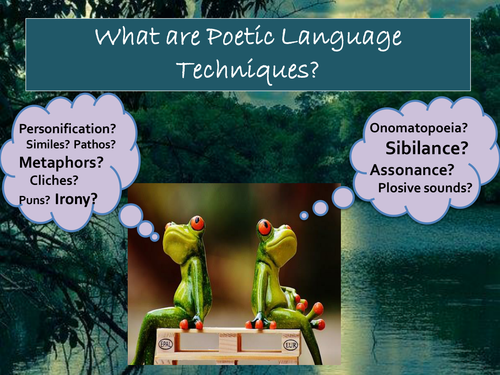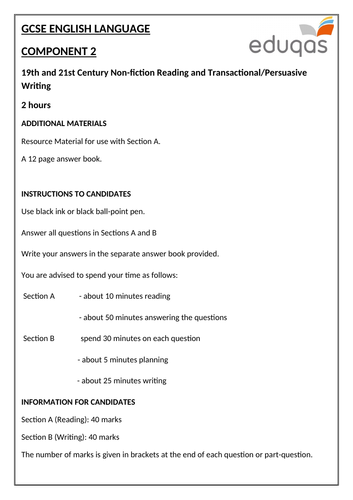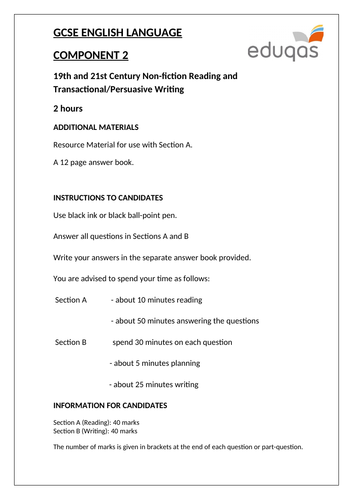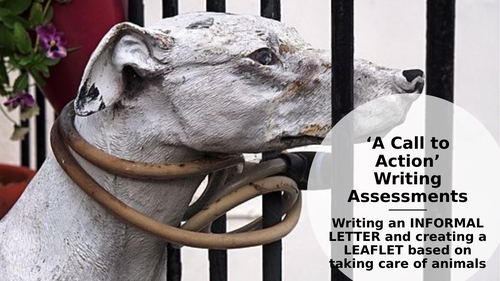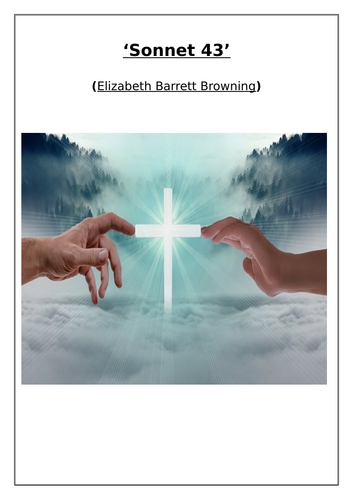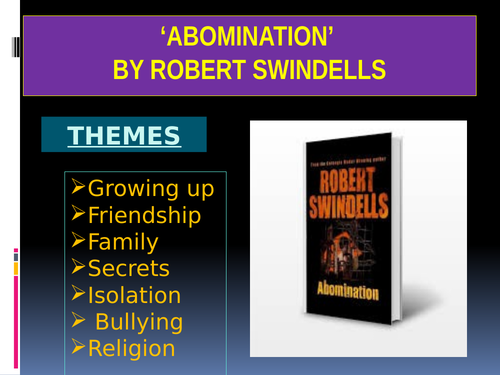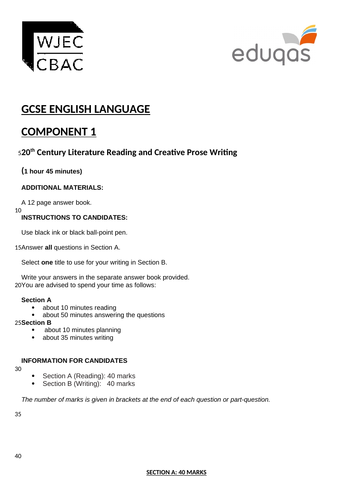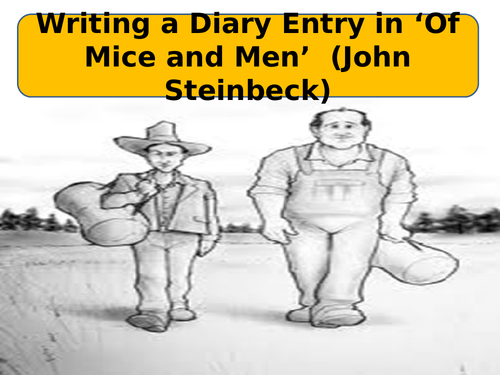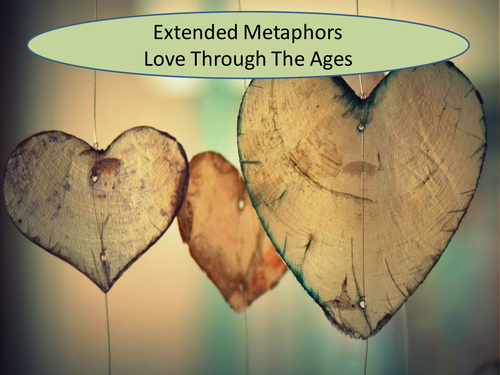btmmadstuff's Shop
A dedication to all those who are involved in the arduous yet rewarding education and teaching of English Language and Literature. My shop contains a number of resources which I believe are creative, innovative and original as a result of endless hours of hard work, research and utter commitment to the progress and successful achievement of all my students over the years. It's a privilege to share my resources and be a part of the global community of educators. Your feedback is most welcome!





